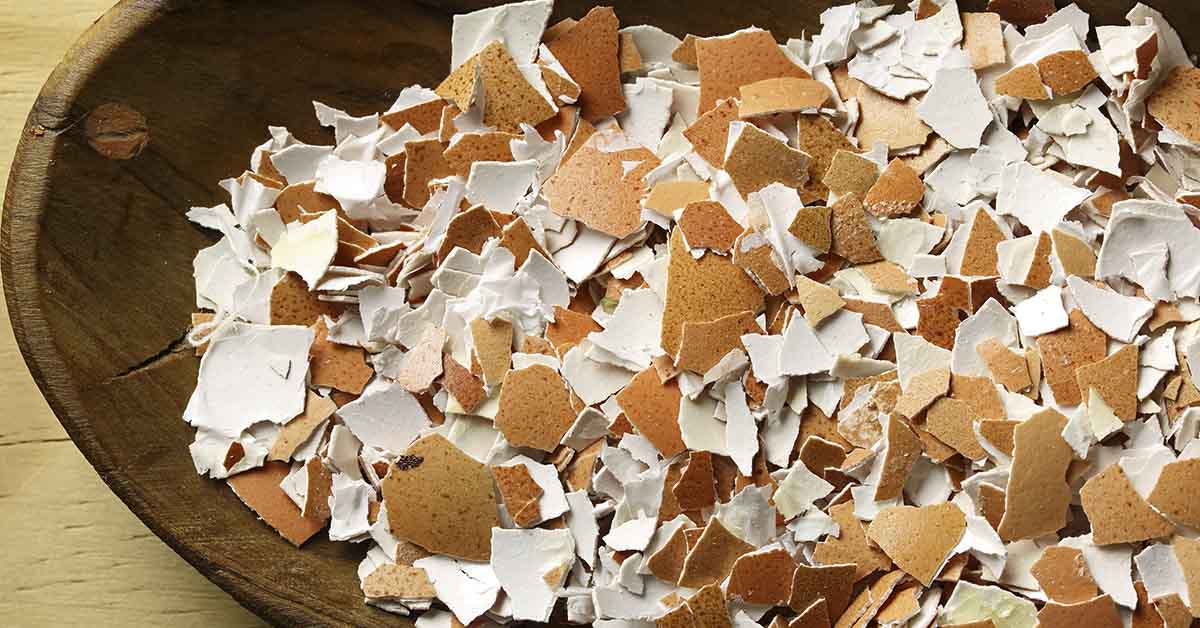Did you know that the average American typically eats around 286 eggs per year? That’s more than 1,000 eggs for a family of four every year, and a whole lot of leftover eggshells! Most of us tend to just throw those shells away with the rest of the kitchen waste. But did you know that there are many uses for those shells in your garden? Eggshells are mostly calcium carbonate, which makes them a great source of calcium for both soil and birds. Let’s find out more about what you can use them for, how to properly prepare them, and what to avoid.
How Eggshells Can Support Birdlife in Your Garden
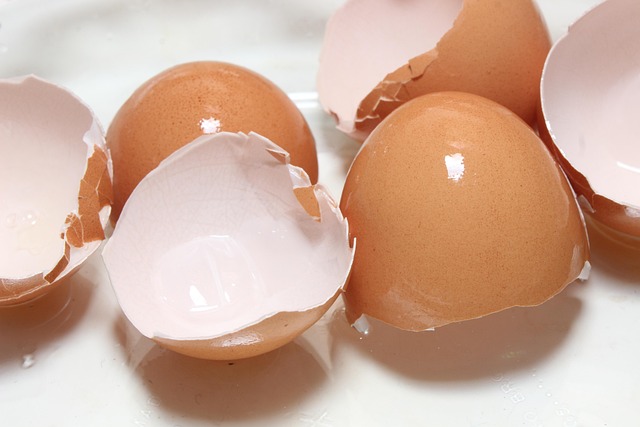
In the spring and early summer months, garden birds jump into action. They have eggs to lay, chicks to feed, and bones to nourish and build. During this period, their need for calcium increases dramatically, and this is when your eggshells can offer them nutritional support. This will provide nesting birds with a safe source of calcium when they need it most. In the UK, many garden birds lay and rear their chicks from spring into early summer.
May and June are particularly busy months for species such as blue tits. Taking small steps like this can help bring dwindling populations up again in a time when UK biodiversity indicators have revealed concerning long-term declines of many bird species. In 2023, the State of Nature report indicated that the abundance of species was down 19% since 1970. Additionally, they found that one in every six species were threatened with extinction in Great Britain.
Preparing Eggshells Safely For Birds
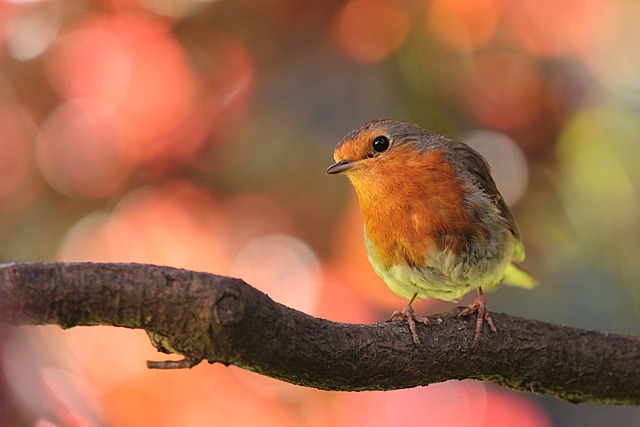
While you may be tempted to just throw out a few crushed eggshells for the birds to eat, this could actually do more harm than good. Raw eggshells do need to be prepared a little first before you put them out for the birds. The shells first need to be rinsed and then dry-baked on a tray at around 120 °C/250 °F for approximately 10 minutes. This will reduce any risk of salmonella poisoning and make the eggshells more brittle.
Once the shells have cooled down, you can crumble them into small flakes. After finding a suitable feeding station, hang a tray feeder or rigid metal-mesh cup. You should avoid using mesh bags made from nylon, as birds can get their feet or beaks entangled in them. You should also clean the feeders weekly with some mild disinfectant.
Other Uses for Egg Shells in Your Garden
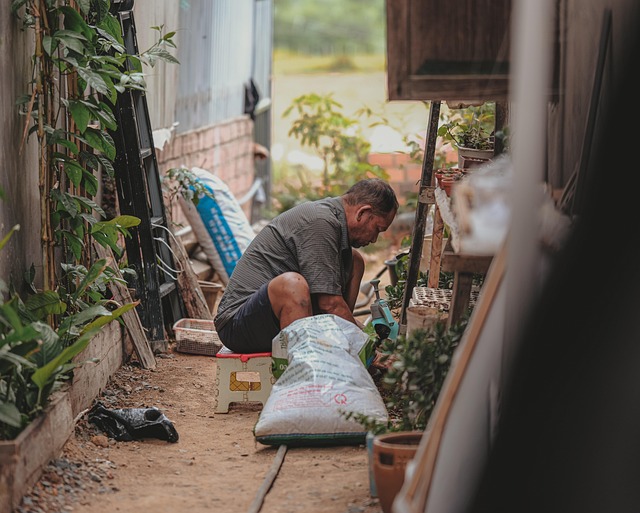
The best thing you can do for your garden is add the eggshells to your compost heap. Cursh them up and they will eventually become a part of a microbe-friendly blend that improves the biology and structure of the soil. When finely ground, eggshells act as a gentle liming material that raises the pH and adds calcium to acidic soils. Various studies have shown that finely-ground eggshell powder can perform the same as agricultural lime when ir comes to improving pH levels in soil.
You can even use shells as biodegradable seedling pods. Just make sure to punch a hole in the bottom for drainage. Some people believe that eggshells can help prevent blossom end rot in tomatoes. This is because end rot is usually a sign of calcium deficiency. However, the issue is not really that there is a lack of calcium in the soil, but rather that problems with the plant’s roots are preventing it from efficiently taking in the calcium. This is because calcium can only enter through actively growing root tips. Therefore, the soil should be kept evenly moist, and mulching is a must.
Can Eggshells Deter Snails and Slugs?
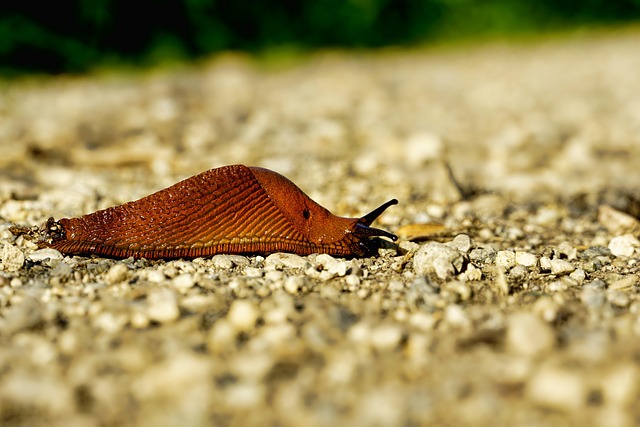
There are a few articles that suggest that laying a ring of crushed eggshells around your plants will deter snails and slugs from reaching them due to the shells’ sharp edges. They have also suggested that things such as sharp grit, bark mulch, wool pellets, and even copper tape deter snails and slugs. However, according to a study by the Royal Horticultural Society, those who attempt to use these things to deter slugs are wasting their time. The best thing you can do is handpick them on wet days and move them somewhere else. According to previous research, they must be moved more than 20 meters away from your plants and vegetables.
However, while they may not be best-suited for deterring snails and slugs, eggshells have plenty of other useful benefits for your garden. They can be added to your compost and soil for a long-term boost of calcium. They can also help feed the birds that frequent your space, providing the much-needed calcium supply that they require to carry out their daily tasks in the spring and early summer months. Just make sure that you prepare the eggshells properly so that they can be consumed safely.
Read More: How Many Eggs Should You Eat Per Day, According to Research
